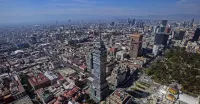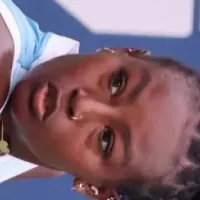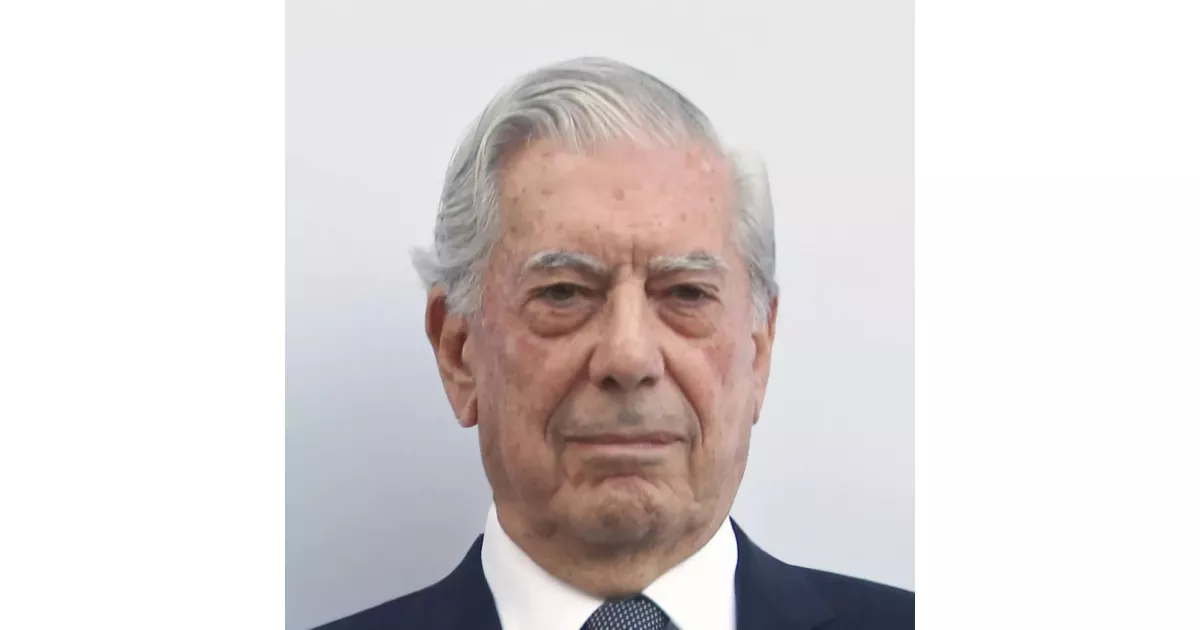A closer look at the most debated and controversial moments involving Mario Vargas Llosa.
Mario Vargas Llosa, a Peruvian novelist, journalist, essayist, and former politician, stands as one of Latin America's most influential writers. A leading figure of his generation, some critics believe he achieved a wider international reach than others associated with the Latin American Boom. He received the Nobel Prize in Literature in 2010 for his exploration of power structures and his portrayal of individual resistance. Other accolades include the Rómulo Gallegos Prize, Prince of Asturias Award, Miguel de Cervantes Prize, and Jerusalem Prize. In 2021, he was elected to the Académie française, solidifying his literary legacy.
1963: Publication and Controversy of 'The Time of the Hero'
In 1963, Vargas Llosa's first novel, "The Time of the Hero (La ciudad y los perros)", was published, gaining wide public attention and immediate success but also sparking controversy due to its criticism of the Peruvian military.
1971: The 'Padilla Affair' and Rupture with Cuban Government
In 1971, the 'Padilla Affair,' involving the imprisonment of poet Heberto Padilla by the Castro regime, led to Vargas Llosa's official break with the Cuban government's policies. Vargas Llosa, along with other intellectuals, protested the Cuban political system, marking his shift away from left-wing ideologies.
1976: Breakdown of friendship with Garcia Marquez
In 1976, Vargas Llosa punched García Márquez in the face in Mexico City, ending their friendship.
1983: Appointment to Investigatory Commission and Negative Reactions
In 1983, Vargas Llosa was appointed to the Investigatory Commission on the Uchuraccay massacre, leading to negative reactions and defamation from the Peruvian press. The commission's conclusion, attributing responsibility to indigenous villagers, drew intense criticism and accusations of a government cover-up.
1989: Accusations of association with far-right politicians
In 1989, The Washington Post noted that although Vargas Llosa's party appeared center-right, he had ties with far-right politicians in other countries, leading to criticism.
August 1990: Condemns the Mexican political system
In August 1990, Vargas Llosa attended a conference in Mexico where he condemned the Mexican system of power under the Institutional Revolutionary Party (PRI), calling it "the perfect dictatorship".
1999: Writes op-ed on left-wing dictators
In 1999, following the arrest of Augusto Pinochet, Vargas Llosa wrote an op-ed in The New York Times questioning why left-wing dictators were not also being arrested.
2007: Photograph of Garcia Marquez surfaces and truce with Garcia Marquez
In 2007, a photograph of García Márquez sporting a black eye from the 1976 incident was published, reigniting public interest in the feud. Despite the decades of silence, in 2007, Vargas Llosa agreed to allow part of his book to be used as the introduction to a 40th-anniversary edition of García Márquez's One Hundred Years of Solitude.
2011: Criticizes Keiko Fujimori in Peruvian election
During her candidacy in the 2011 Peruvian general election, Vargas Llosa criticized Keiko Fujimori and endorsed Ollanta Humala.
2014: Condemns Keiko Fujimori's family
In 2014, Vargas Llosa described Keiko Fujimori as the daughter of a murderer and thief who is imprisoned for murder and theft.
2016: Condemns Keiko Fujimori's candidacy
After Fujimori announced her candidacy for the 2016 Peruvian general election, Vargas Llosa condemned her as the daughter of a murderer and thief.
2016: Named in Panama Papers
In 2016, Vargas Llosa was named in the Panama Papers, which revealed his ownership of the British Virgin Islands company Melek Investing Inc., used for book royalty profits and real estate sales. His representative stated investments were made "without the consent of Messrs. Vargas Llosa".
2021: Named in Pandora Papers
In 2021, Vargas Llosa was named in the Pandora Papers. A document showed his signature on a "Consent to Act as Director" form for Melek Investing Inc., though a representative claimed he "was not aware of the ownership of that company".
2021: Supports Keiko Fujimori in Peruvian election
In the second round of the 2021 Peruvian general election, Vargas Llosa supported Keiko Fujimori as the "lesser of two evils", citing opposition to far-left candidate Pedro Castillo.
Mentioned in this timeline
The Dominican Republic is a Caribbean nation sharing the island...

Football is a family of team sports primarily involving kicking...
France officially the French Republic is primarily located in Western...

Mexico City is the capital and largest city of Mexico...

Books are a means of storing information as text or...
Spain officially the Kingdom of Spain is located in Southern...
Trending
57 minutes ago IBM Storage, Cybersecurity, and AI Tools: Market Reactions and Technological Advancements
57 minutes ago Italy Travel Alert: Aviation Strikes Planned for February 26th and March 7th
2 hours ago Falcons Secure Kyle Pitts with Franchise Tag, Ending 49ers Interest.
3 hours ago Fenerbahçe vs. Kas?mpa?a Match Live, Kante's Demand After Performance

3 hours ago Alycia Parks faces Oksana Selekhmeteva in the 2026 ATX Open First Round.
3 hours ago Aldi Frozen Meatballs Recalled Nationwide Due to Metal Fragment Contamination Risk
Popular

Jesse Jackson is an American civil rights activist politician and...

Barack Obama the th U S President - was the...

Michael Joseph Jackson the King of Pop was a highly...
The Winter Olympic Games a major international multi-sport event held...

Bernie Sanders is a prominent American politician currently serving as...

Michael Jordan widely considered one of basketball's greatest players significantly...


